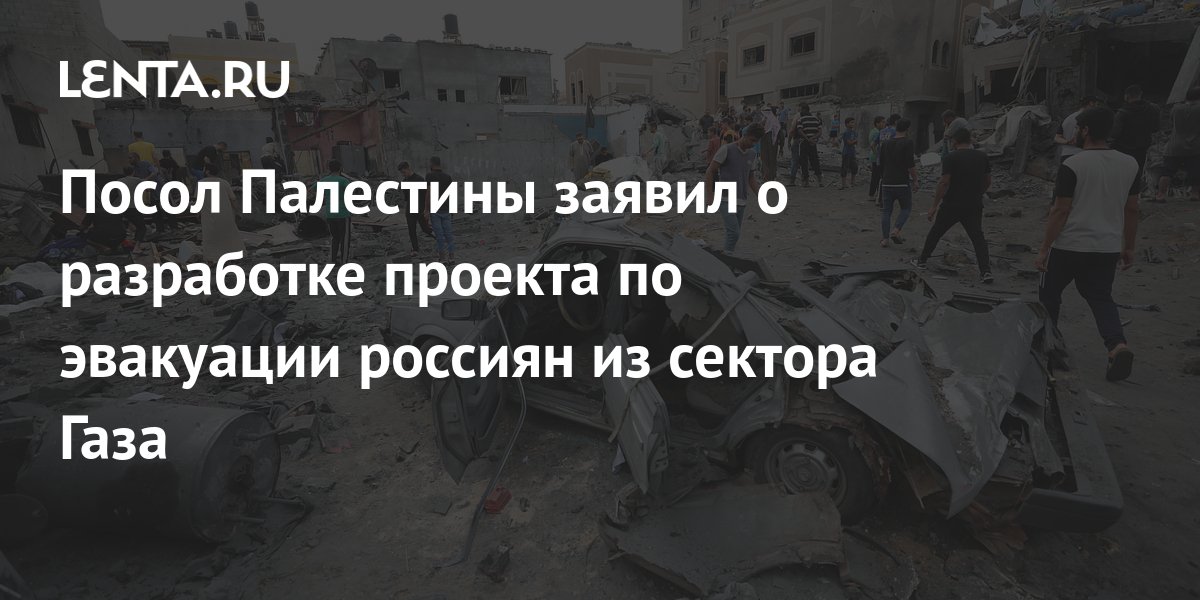Ananda
The Bunker Group
No, it is not obsolete and definitely not unhealthy. Because the corner stone for the Arab nations toward relationship with Israel is still Palestinian solutions. Israel can hope otherwise, even hope their neighbors already passed Palestinian issue, but recent developments shown otherwise.Generally, it is unhealthy for any nation to tie its policies to the state of another nation. The existence of NATO is one such example. The security of every member nation is tied in a way to the security of all other members. However, NATO is a well-thought and robust framework that frequently re-validates itself via new missions and reorganization, as well as the provision of sufficient autonomy to its members even within its core mission. That is, even if a member is called to action, it can decide the capacity in which it assists.
The Arab world's policy to tie Palestine to Israel can be explained in many ways. But it is arguable that this decision is obsolete. But instead of reversing it, it was neglected and allowed to grow.
The Arab streets still very intune toward to Palestinian issue. Even most Arab are undemocratic regimes, they are still very aware with streets tensions. They don't want this to break away uncontrollably toward another Arab Springs.
So Israel can wish and dream whatever for getting Palestinian out from their neighbors mind for building relationship. However turn out it is not.
Israel have someone that can rally most Palestinian under one banner. However that window move away when Arafat pass away.Therefore, for decades, the Arab world has demanded of Israel to negotiate something that it cannot really negotiate, with someone that is unable to negotiate - yet they haven't contributed to alleviating any of Palestine's issues, whether political or practical.

Blowback: How Israel Went From Helping Create Hamas to Bombing It
Hamas wants to destroy Israel, right? But as Mehdi Hasan shows in a new video on blowback, Israeli officials admit they helped start the group.

What the World Can Learn From the History of Hamas
The history of the group is a story of unintended consequences.
Some in Israel can argue otherwise, however Palestinian duo polar in the leadership, is basically being handled quite well before under 'moderate' Arafat. Even now Israel can't claim to the international world they don't have partner. Israel can talk with PA to further isolate Hamas. In a way retake Israel mistakes that lead to Hamas raise before.
Then it is not a sovereign territory. No matter how much you want to picture otherwise. Entitlement to their waters is part of sovereignty. It is back again to this 75 years unresolved conflict. Two state solutions is for each state become entirely sovereign ones. With that there's chance to resolve this conflict. Without that, then there's no chance this conflict going to be resolve. It is going down again to unresolved circles of violence and hates.no entitlement to territorial waters. It must come from agreements. Gaza may be a sovereign state in many ways, but Israel never forfeited its recognized rights to the waters around Gaza
The choices is Palestinian and Israel alone. Don't bring the Arab neighbours in to the equations, if no resolve between the two can be met.
Last edited by a moderator:


/cloudfront-us-east-2.images.arcpublishing.com/reuters/BRARG6ODNBIH3F4MVEX2GPWSWI.jpg)


